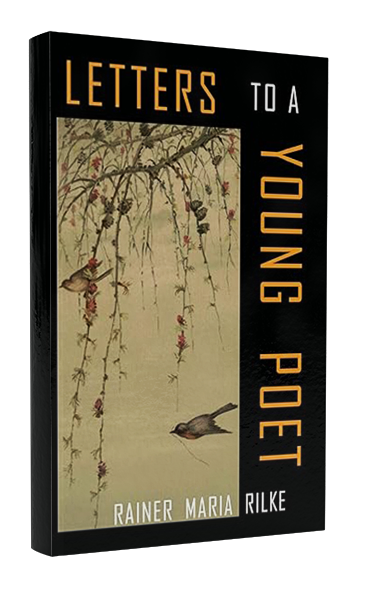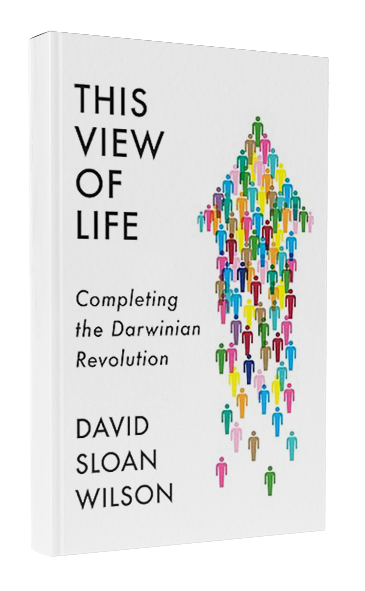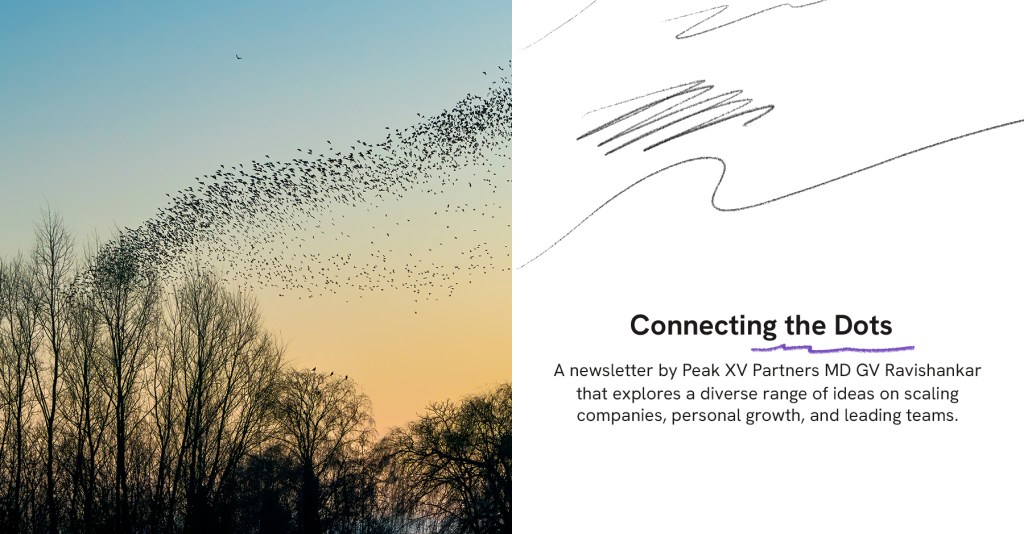Architects vs Gardeners
ByGV Ravishankar
PublishedJanuary 25, 2024
Articulating goals gives us some sense of direction and control over how to get there.
Focus on inputs and surrender to the world to get more positive outcomes.
It’s that time of the year when we consciously think about pressing the reset button. While the 1st of January is just any other day—one that for most people starts late following a New Year’s eve party the night before—it is also a day that provides us a break from the past and an opportunity to consider new resolutions. But should we even make resolutions for the new year or should we set annual goals instead?
The terms ‘resolutions’ and ‘goal-setting’ are often used interchangeably. But while a resolution refers to the act of behaving (or not behaving) a certain way, goal-setting is more target-specific. I used to make resolutions for the new year, but in the last three years I have moved to making goals. I do this through a simple Excel sheet where I try to articulate specific things I would like to achieve during the year across my professional, personal, and family life.
Resolutions, I have learned, often end up being vague—like, “I want to be healthier this year,” or “I want to read more,” or “I want to spend more time with family and friends”. They seem less actionable and don’t tell me what I need to do differently starting on January 2nd. And hence I moved to setting goals where I articulated some of the inputs: “200 workouts a year,” “30 books a year,” “cycle once a week with my son,” etc. This provides me with some sense of direction and control over how to get there.
Speaking of control, one of my goals last year was to learn how to swim, and dutifully, I joined a swimming class. I had a replacement teacher for my fifth lesson as the regular one fell sick. The new coach wanted to see how I was progressing before she began teaching me. So she made me do a few basic drills to test my skills.
“Unfloatable,” she remarked, watching me try to stay afloat without my legs sinking. “There isn’t a word like that in contemporary English,” I replied, a bit miffed by what sounded uncharitable to my best effort to not sink in three feet of water. She went on, unwilling to engage in a debate on the English language, to ask me, “Are you an engineer?”.
“Yes, I am. Computer science, but why do you ask?” I said. She said she had taught a lot of people and at least a couple of dozen engineers, and said, “All you engineers have the same problem, you think too much. All you have to do is be and not do.” I didn’t quite understand that at first blush and my 40-minute class didn’t allow me the freedom to ponder over the statement then.
Later that day I found myself coming back to the statement again and again, “Don’t do, just be”. Not quite as elegant as Nike’s “Just do it,” but powerful nevertheless. My stand-in coach had just delivered one of the most important pieces of advice I would ever get. This led me to learn about the paradox of wu wei or “effortless action,” a key concept in Taoism.
“Nature does not hurry, yet everything is accomplished.”
– Lao Tzu
‘Actionless action’ or effortless action at first appears to be hard to comprehend as “the way”. Wu wei translates to “non-doing” or “do nothing,” which taken literally seems to suggest total surrender or worse, complete laissez-faire. But a deeper investigation reveals that this is not about “not trying,” but more about not trying too hard to control outcomes. And therein lies the beauty of wu wei.
In a world of OKRs (objectives and key results), our lives are deeply oriented towards outcomes, under the assumption that we can control them. A desire for control, and then the frustration that follows less-than-perfect outcomes, makes everything we do harder than it should be. We end up wanting to “engineer” our lives through our focus on outcomes. But we don’t really control the outcomes–the earlier we accept that, the easier it gets to perform better. We can do this by mindfully focusing on our inputs and being in the flow of things.
A popular scene from the movie Kung Fu Panda brings this idea home and points us to planting the right seeds and being patient for outcomes:
Master Oogway: My friend, the panda will never fulfill his destiny, nor you yours, until you let go of the illusion of control.
Shifu: Illusion?
(Oogway points to a peach tree.)
Oogway: Yes. Look at this tree, Shifu. I cannot make it blossom when it suits me, nor make it bear fruit before it’s time.
Shifu: But there are things we can control. I can control when the fruit falls. And I can control where to plant the seed. That is no illusion, Master.
Oogway: Ah, yes. But no matter what you do, that seed will grow to be a peach tree. You may wish for an apple or an orange, but you will get a peach.
Wu wei also points us to the flaws of over-trying and overthinking. Try hard to go to sleep and you will find yourself taking longer to fall asleep. Try hard not to think about a pink elephant, and you just can’t seem to get that pink elephant off your mind. Thinking (too much) seems to affect being.
One must work at it, but do not aim at it directly. Let the heart not forget, but do not help it grow. Do not be like the man from Song (Sung). Among the people of the state of Song there was one who, concerned lest his grain not grow, pulled on it. Wearily, he returned home, and said to his family, ‘Today I am worn out. I helped the grain to grow.’ His son rushed out and looked at it. The grain was withered. Those in the world who do not help the grain to grow are few. Those who abandon it, thinking it will not help, are those who do not weed their grain. Those who help it grow are those who pull on the grain. Not only does this not help, but it even harms it.
— The Parable of the Farmer of Song (Mencius)
Chinese Confucian philosopher Mencius (Mengzi) in his parable articulates the crux of what wu wei tells us. Try, but don’t overdo it and allow the flow to make things happen. Overthinking and overdoing only lead to poorer outcomes.
My problem, I recognized, was that I was trying to engineer my way to learn swimming instead of just getting out of my body’s way to float. By focusing on how I keep my legs, how firm my core should be, etc., I was (over) thinking how I’d learn to swim versus just going with the flow and being. The simplicity of seeding the inputs without worrying about the outputs is exactly what was missing in my approach.
American novelist George RR Martin gives us a perfect metaphor for how many of us live our lives and what may be a wu wei approach to it:
“I think there are two types of writers, the architects and the gardeners. The architects plan everything ahead of time, like an architect building a house. They know how many rooms are going to be in the house, what kind of roof they’re going to have, where the wires are going to run, what kind of plumbing there’s going to be. They have the whole thing designed and blueprinted out before they even nail the first board up. The gardeners dig a hole, drop in a seed and water it. They kind of know what seed it is, they know if they planted a fantasy seed or mystery seed or whatever. But as the plant comes up and they water it, they don’t know how many branches it’s going to have, they find out as it grows. And I’m much more a gardener than an architect.”
My coach pointed out how I was trying to architect or engineer an outcome, and how, by not trying to and through more “effortless action,” I could achieve the desired goal and learn to swim. As we step into 2024, it’s a reminder to us that our goals shouldn’t derail our ability to be in the flow and make the most of the moments without getting lost in the overthinking and over-trying that the engineering mind defaults us to.
Dear fellow engineer/architect, Happy New Year! Try to be a gardener—take a crack at defining this year’s goals with the right inputs (sow the right seeds) and benefit from the fruits of letting life do the rest. Don’t do, just be!
“In a world of OKRs, our lives are deeply oriented towards outcomes, under the assumption that we can control them…But we
don’t really control the outcomes–the earlier we accept that, the easier it gets to perform better.”
Here are three articles I found interesting:
Physicist and AI researcher Dan Roberts explores the intersection of physics and artificial intelligence in Black Holes and the Intelligence Explosion. Drawing parallels between understanding complex systems in physics and deciphering AI, he contends that AI systems, despite appearing as black boxes, can be understood through a physics-inspired approach. Roberts delves into the physical limitations of AI, suggesting that unbounded computational resources could lead to a collapse into a black hole, imposing practical constraints on the development of superintelligent AI.
In The Internet is the Real World, Adam Singer challenges the notion that the internet is somehow separate from reality. Singer argues that many individuals, including executives and legacy media, still fail to recognize the internet’s significance. He emphasizes that the internet is an integral part of the human experience, shaping relationships, careers, and societal movements. He urges readers to dispel the outdated notion of two separate realms and recognize the internet as the beating heart of the 21st century.
Finally, please enjoy reading Charlie Munger’s Harvard commencement speech. As always, Munger is witty and wise. This speech is based on the principle of inversion introduced by mathematician and philosopher Carl Gustav Jacob Jacobi through the popular phrase, “Invert, always invert.” The entire speech is about how to lead a miserable life, and through inversion you infer how to lead a happy life!
If you have time for longer reads:

Letters to a Young Poet by Rainer Maria Rilke
This is a collection of 10 letters written by the renowned Austrian poet Rainer Maria Rilke to a young aspiring writer named Franz Xaver Kappus. The letters, penned between 1903 and 1908, offer insights into the nature of art, creativity, and life. Rilke advises Kappus on finding his own unique voice, embracing solitude and introspection, and cultivating patience in the creative process. These letters have become a timeless source of inspiration for those seeking guidance on their creative journeys.

This View of Life: Completing the Darwinian Revolution
by David Sloan Wilson
The book’s author, David Wilson, suggests that adopting an evolutionary perspective can provide valuable insights into human behavior, social structures, and the challenges faced by societies. He emphasizes the importance of integrating evolutionary thinking into the social sciences and policy-making to address contemporary issues and improve the human condition. The book advocates for a broader application of evolutionary theory beyond its origins in biology. In fact, its title, This View of Life, is also a nod to a phrase used by Darwin in his seminal book On the Origin of Species.
Do write in at gv@peakxv.com if any of my interests intersect with yours! Click here to read more articles on Peak XV’s blog. For more editions of Connecting the Dots, click here. I’m also on LinkedIn and Twitter.
